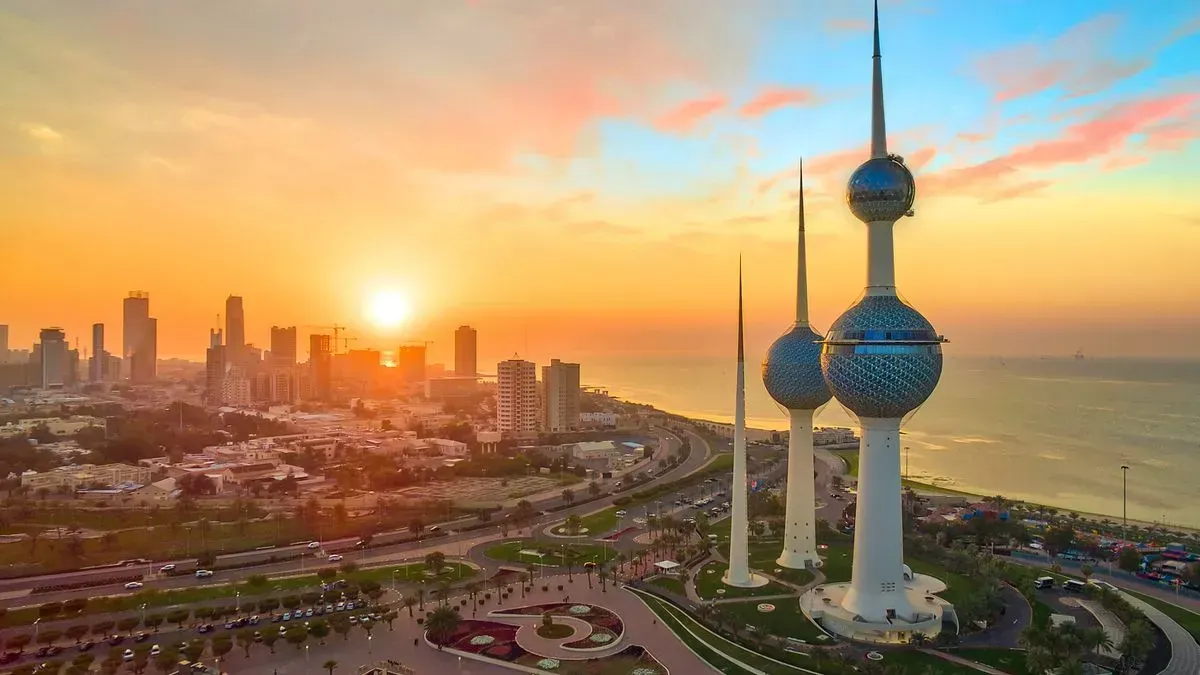In an unexpected turn of events, Kuwait, one of the world's leading oil exporters, is grappling with rolling blackouts across several residential neighborhoods. This situation has arisen despite the country's significant oil wealth and its position as the 10th largest oil exporter globally.
The state-run KUNA news agency attributes these power outages to "a fuel supply disruption," which has led to the shutdown of desalination plants and some power stations. This development is particularly concerning given Kuwait's heavy reliance on desalination for its freshwater supply, a critical resource in the desert nation.
The timing of these blackouts couldn't be more challenging, coinciding with the peak of summer heat in the Gulf region. On Sunday, August 18, 2024, Kuwait faced a scorching forecast high of 43 degrees Celsius (109 Fahrenheit), with the heat index potentially reaching a staggering 53 degrees Celsius (127 degrees Fahrenheit). Weather experts also warned of poor air quality, further exacerbating the discomfort for residents.
This situation highlights the paradox of Kuwait's economic landscape. Despite having one of the world's highest per capita incomes and being home to the sixth-largest oil reserves globally, the country is struggling with basic infrastructure issues. The contrast between Kuwait's immense oil wealth and its current predicament is stark, raising questions about resource management and infrastructure resilience.
Kuwait's population of approximately 4.2 million, of which about 70% are expatriates, is bearing the brunt of these unexpected power cuts. The country, which gained independence from the United Kingdom in 1961, has historically prided itself on its modern infrastructure and high standard of living.
The current crisis also underscores the challenges faced by nations with hot desert climates in managing extreme weather conditions. Kuwait City, the capital and largest city, is particularly vulnerable to such climate-related stresses.
As Kuwait navigates this unexpected energy crisis, it's worth noting that the country has one of the oldest parliaments among Arab states and operates under a constitutional monarchy. This political structure may play a crucial role in addressing the current challenges and implementing long-term solutions to prevent future occurrences.
The situation in Kuwait serves as a reminder of the complexities involved in managing resources and infrastructure, even for nations with significant wealth. As the country works to resolve these issues, the resilience of its people and systems will be put to the test in the face of extreme weather conditions and unexpected disruptions.
